|
“It Is Not What Happens To You, But How You React to What Happens” Epictetus, Greek Stoic philosopher. “The Only Moment In Which You Can Truly Be Alive is the Present Moment” Thich Nat Hanh, Vietnamese Thiền Buddhist monk. “The Things We Love Are Like the Leaves on a Tree: They Can Fall at Any Moment with the Gust of Wind” Marcus Aurelius, Roman emperor from 161 to 180 and a Stoic philosopher. To me it says a lot that these wise words have been around for a long time. They have been changed to reflect the present time. I read how they surface as if they are revelations - something new. They are new to the new generations who are learning now which is the beauty of these wise words. New books surface with the same information and will continue to do so. The underlying wisdom and advice for life, will remain the same. How it is quoted changes to adapt with the times but not the meaning. by Suzie Doscher, Executive Coaching focusing on Personal Development Photo credit: Pexels Good Reasons to Master the Art of Living in the “Now”, Being in the Moment / Going with the Flow23/4/2024
The message is not new yet being in the present, living in the 'now' is not easy to master when life is difficult. It seems odd that we do not just naturally live in the Now. After all, almost everyone would agree that the present moment, the Now, is all we have. The fact remains that most people do not live in the present moment and have to learn how to do so. Here are a few of the reasons I continue to master living in the moment:
By mastering the art of living in the moment, you are taking good care and being very kind to yourself. That alone should make it worth the effort. Remember: “Do not encumber your mind with useless thoughts. What good does it do to brood on the past or anticipate the future? Remain in the simplicity of the present moment”. By Suzie Doscher, Professional Executive Coach focusing on Personal Development, Native English Speaking, 18 years experience in the field of coaching. Photo credit: Pexels The message is not new yet being in the present, living in the 'now' is not easy to master when life is difficult. For support contact me
The stress response begins in the brain. However, this stimulates a whole bodily response, and an international collaboration has now uncovered the mechanisms of how chronic stress impacts the brain to change neuronal responses that can lead to symptoms such as social withdrawal - which in turn can be a major contributor to developing mental illness. Flurin Cathomas of the University of Zurich, here in Switzerland, and research colleagues showed that an enzyme released during stress impacts brain function. "We were able to show that stress increases the amount of the matrix metalloproteinase-8 (MMP-8), an enzyme in the blood of mice. The same changes were found in patients with depression," This research, in mice notabene, leads to behavioral changes: they withdraw and avoid social contact such as is common in depression. Thoughts about change usually only occur when life no longer offers you the feeling of being satisfied. They can also emerge when things are basically alright but there is room for improvement. The difficulty frequently lies in finding out specifically what you can improve, what you should move on from, what you should let go of.
Change is not easy or simple. It can only really take place if you are ready to take action. Research shows 90% of the strategies designed for change assume people are ready to take action. In reality only 20% of the people already involved in some process of change are actually ready to take action. This helps explain why so many attempts to keep New Year’s resolutions, lose weight, change behaviour patterns, etc. are doomed to fail. If you have been told you should change, but are not really convinced this is true, you are more likely to fail at completing the process. It is most helpful and supportive and will increase your chances of successfully completing change if you When you shift your perspective, |
BALANCE |
The BALANCE Handbook helps you with difficult moments
This book is about change and finding balance in life.
Read it when you feel vulnerable and unsure of yourself.
This book will help you find new opportunities, learn new behaviors and life skills to become the best version of yourself.
Handle everyday problems more effectively and improve the quality of your life and the life of those around you.
Take the time to invest in yourself before you find yourself off balance. Strengthen your weaknesses before they rule your life.
This 2nd Edition Handbook now includes the Interactive Workbook for Self-Coaching. With the journaling in the Workbook you explore your goals, where you stand now and the issues from the past holding you back.
Order your book today and start bringing more balance into your life.
This book is about change and finding balance in life.
Read it when you feel vulnerable and unsure of yourself.
This book will help you find new opportunities, learn new behaviors and life skills to become the best version of yourself.
Handle everyday problems more effectively and improve the quality of your life and the life of those around you.
Take the time to invest in yourself before you find yourself off balance. Strengthen your weaknesses before they rule your life.
This 2nd Edition Handbook now includes the Interactive Workbook for Self-Coaching. With the journaling in the Workbook you explore your goals, where you stand now and the issues from the past holding you back.
Order your book today and start bringing more balance into your life.
Contact Suzie Doscher
to book a coaching session with her
Suzie Doscher is a Professional Executive Coach focusing on Personal Development. Located in Zurich, Switzerland. Her approach to personal development is practical and successful.
Suzie is happiest when helping people.
Her vision is everyone should have access to techniques for personal growth and development. This was the motivation behind her book.
Suzie is happiest when helping people.
Her vision is everyone should have access to techniques for personal growth and development. This was the motivation behind her book.


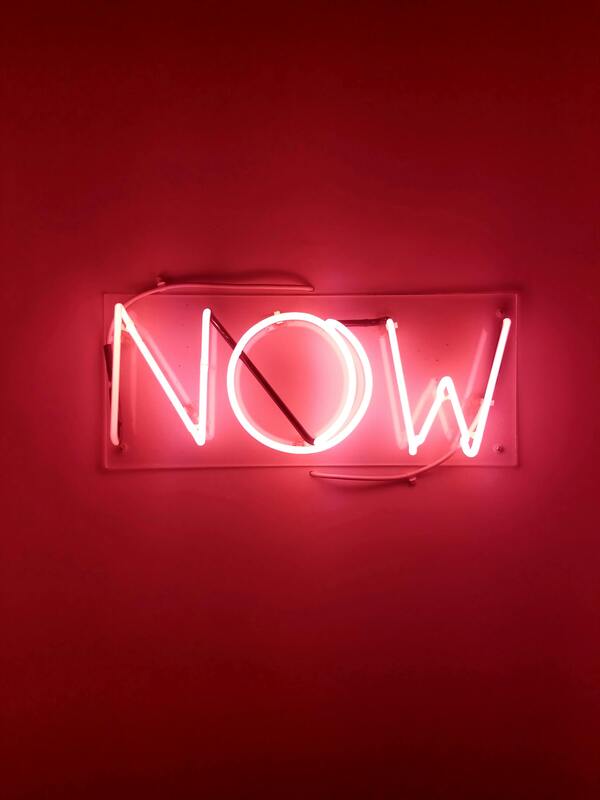




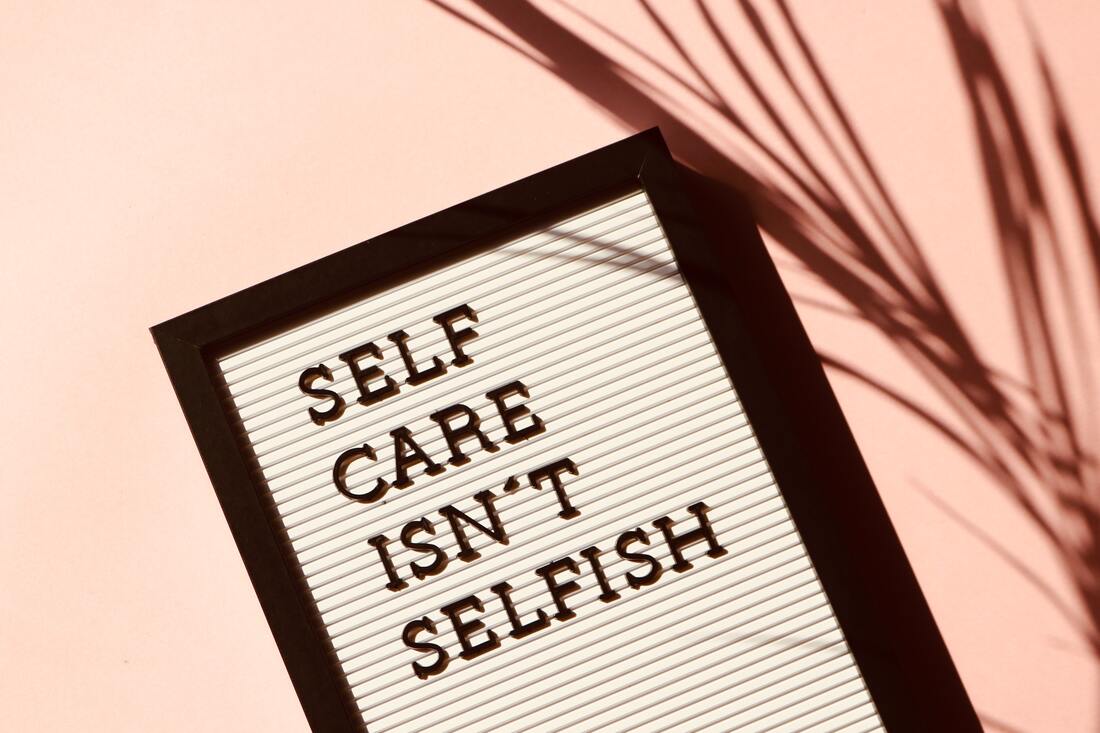
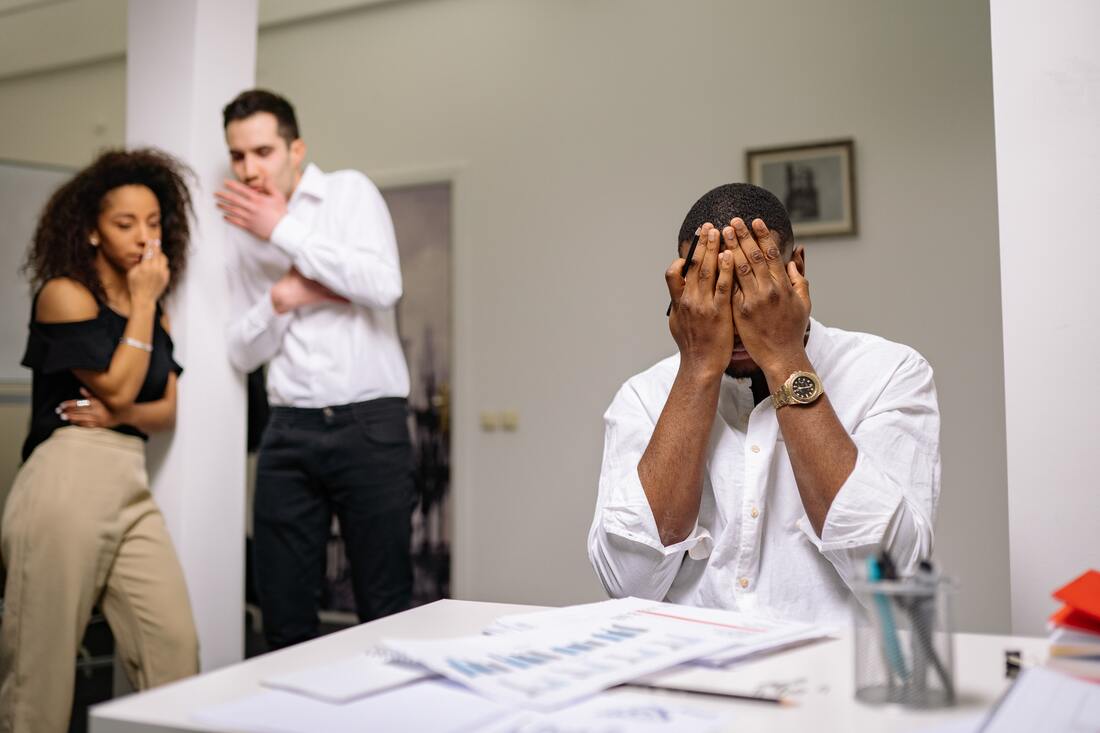
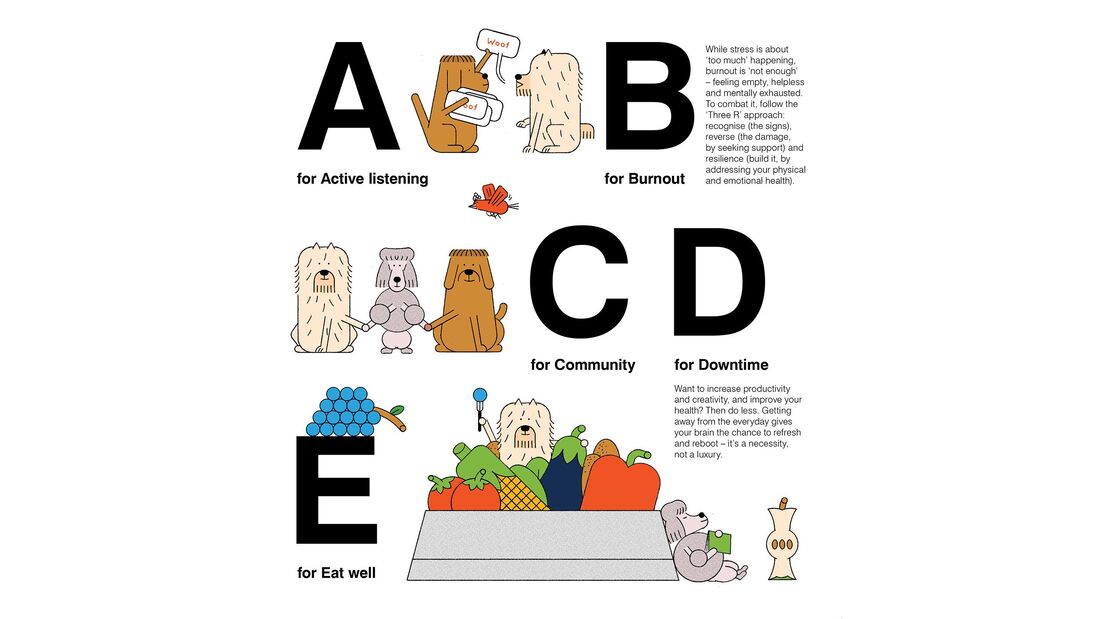


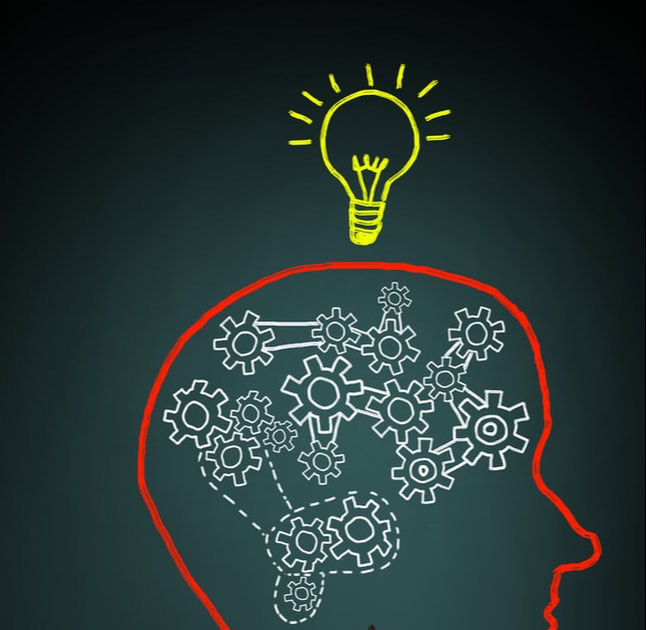



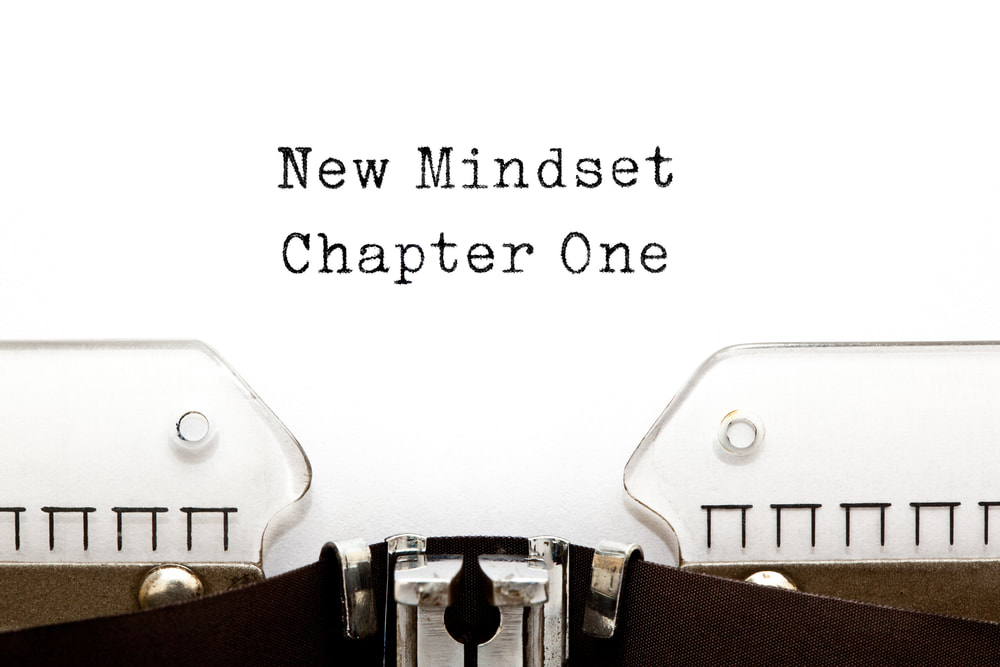
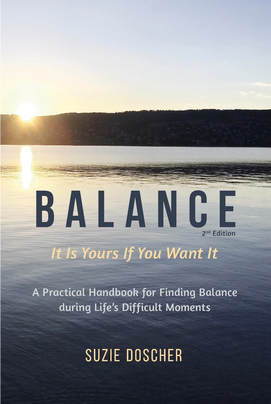
 RSS Feed
RSS Feed

